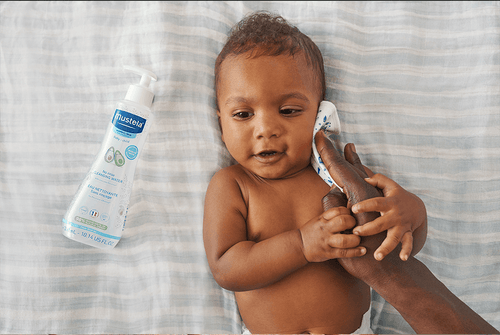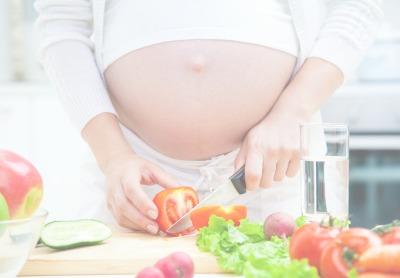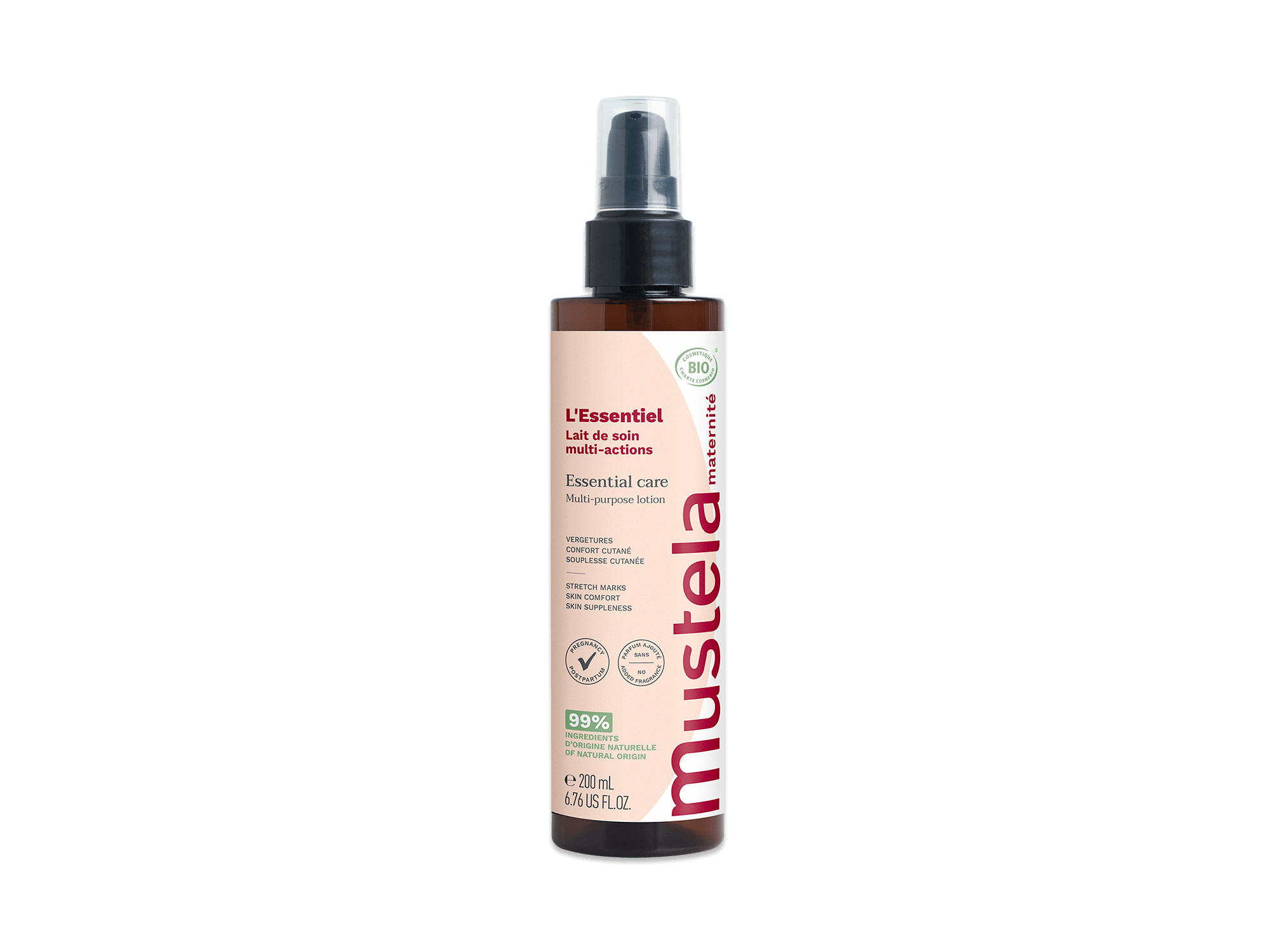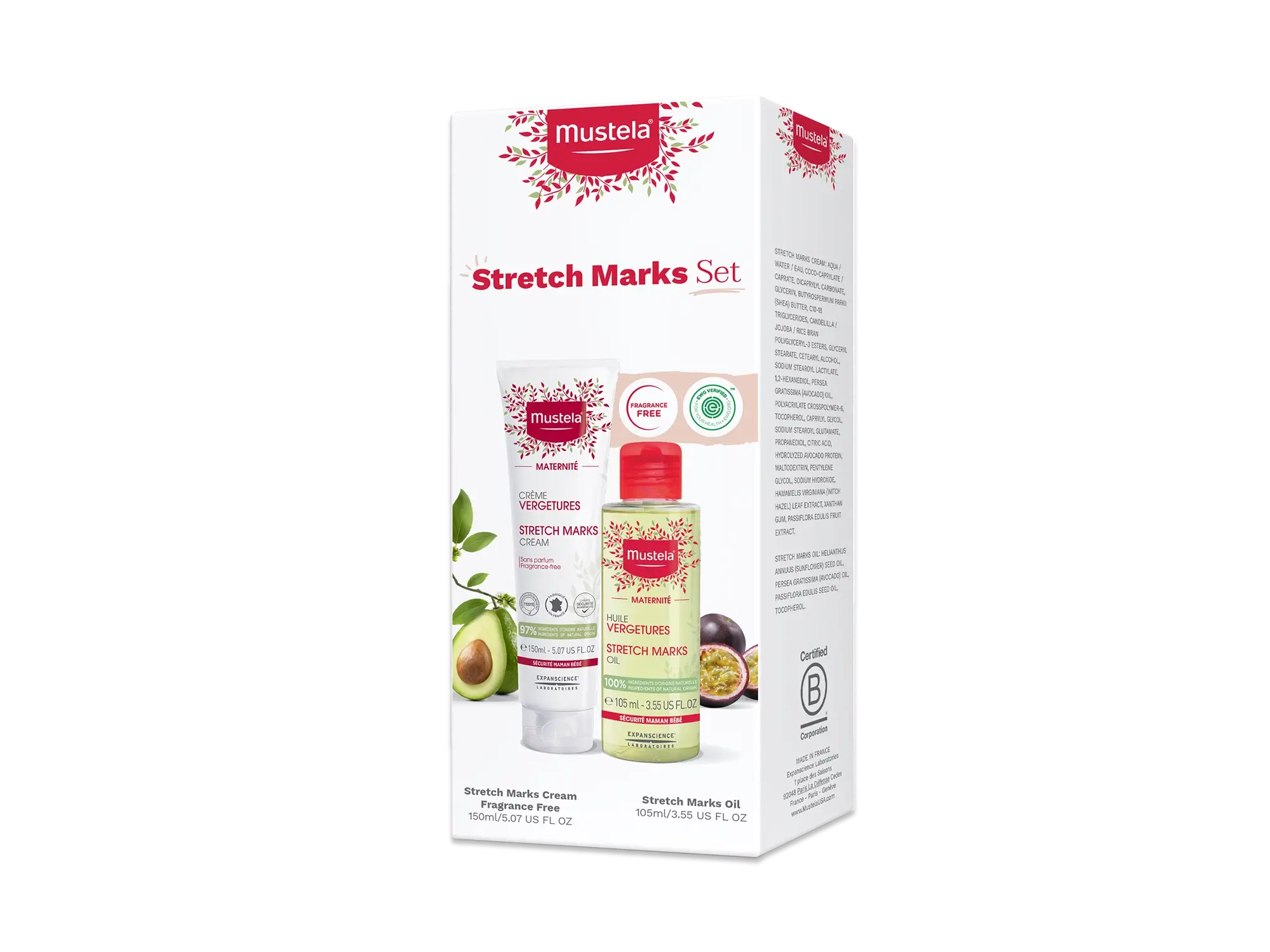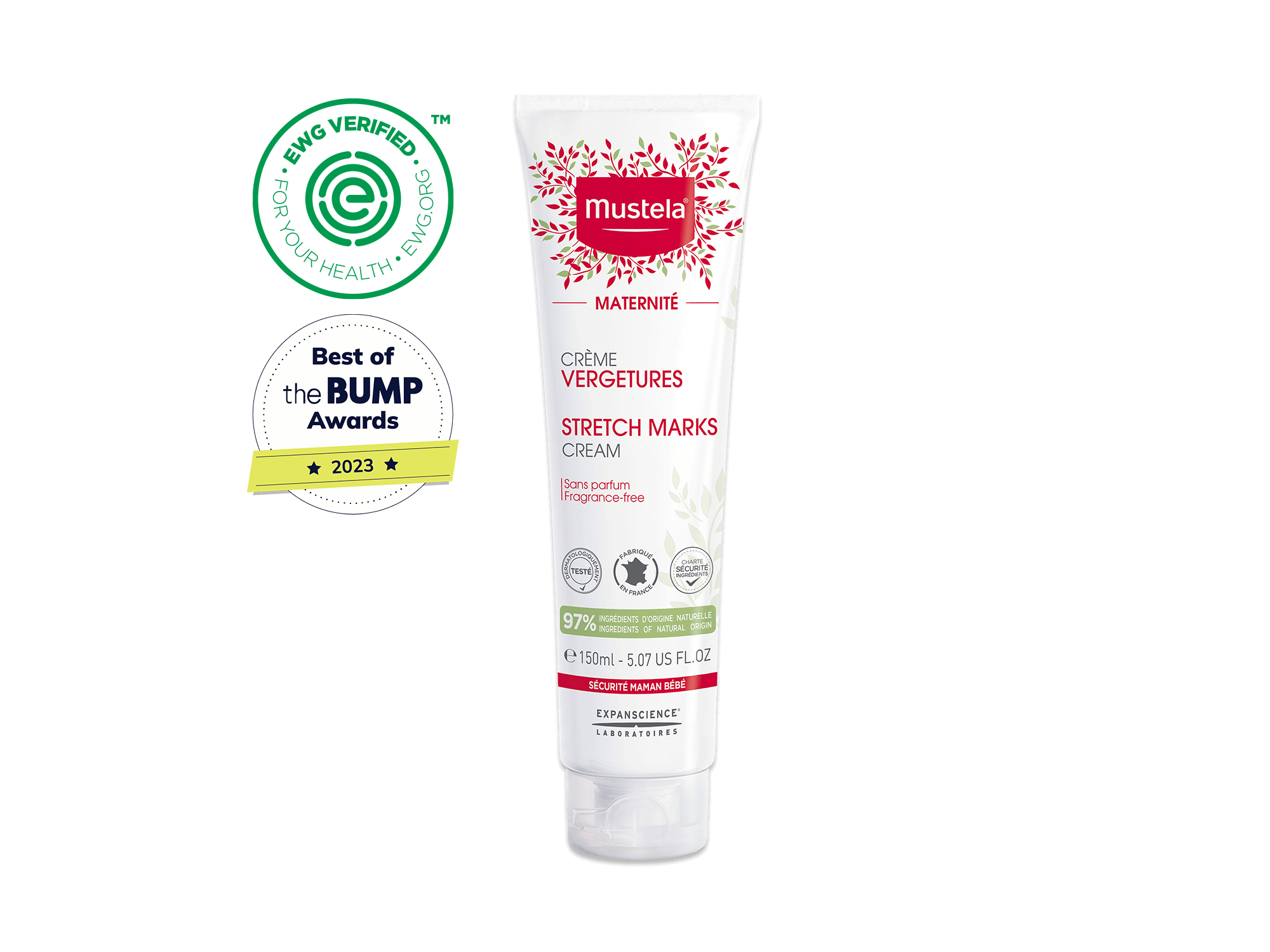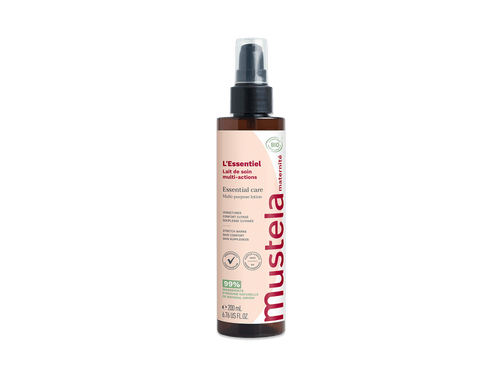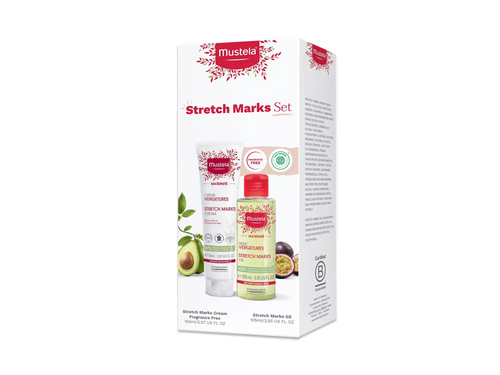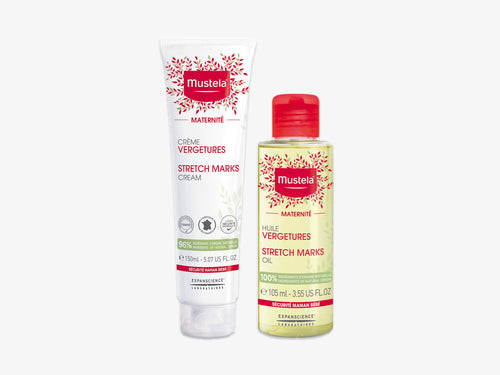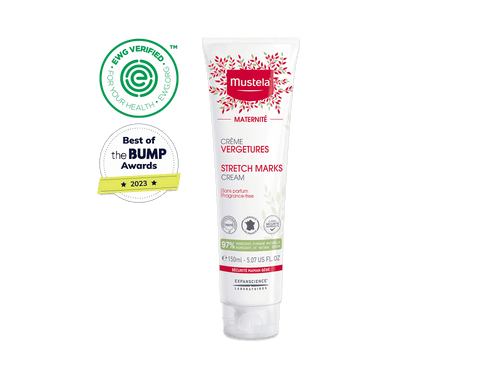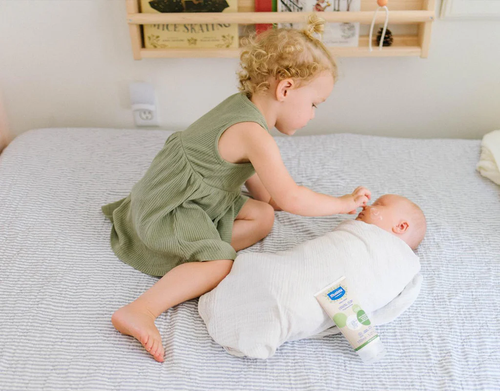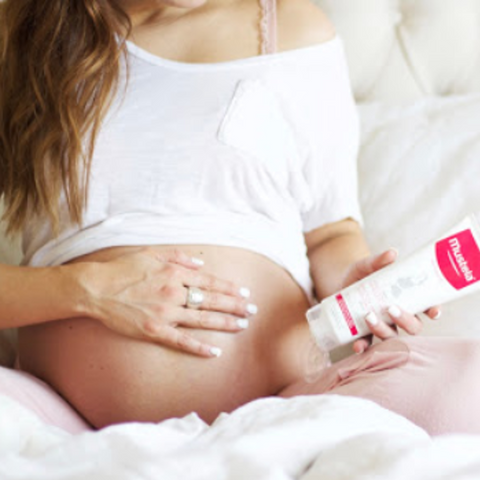As a pregnant woman, your body no longer belongs to just you. You’re sharing it with a beautiful, growing baby. The best way to ensure healthy development of your new baby is to eat a healthy diet.
By eating the right foods, you can keep you and your baby healthy, as well as avoid uncomfortable symptoms of pregnancy like constipation. Many women also gain far too much weight during their pregnancy.
Unnecessary weight gain poses many risks: preeclampsia, gestational diabetes, premature delivery, and an overweight newborn.
You don’t need to significantly increase your calorie intake while pregnant. If you eat the right foods while pregnant, you won’t gain unnecessary weight.
We put together a list of the 12 best foods to eat while pregnant in order to promote your baby’s healthy development and avoid putting on unnecessary pounds.

Table Of Contents
The Best Foods To Eat When Pregnant
1) Load Up On Spinach
Popeye’s favorite food was spinach because it made him stronger. You should take his advice and start eating heaps of spinach daily.
Spinach is bursting with folate, which makes it one of the best foods to eat when pregnant. Folate is a B vitamin that is imperative to healthy infant development. It helps prevent serious defects of the spine and brain.
Don’t rely solely on your prenatal vitamins for your folate intake. Eat your leafy greens regularly. Besides spinach, other leafy greens include broccoli, kale, Brussels sprouts, asparagus, and peas.
Try to consume between 400 and 800 micrograms daily. A half cup of boiled spinach has about 130 micrograms of folate. Other great sources of folate are beans, citrus fruits, and fortified cereals.

2) Drink Your Milk
Got milk? Yes, that old advertising campaign with the milk mustaches celebrating calcium still rings true today. Calcium is a necessary part of a healthy diet, especially for pregnant women.
Your mother always told you to drink your milk so you could grow big and strong, and that remains true today. Calcium strengthens bones and teeth for you and your baby and aids in the development of a healthy skeletal system.
Be sure to get at least 1,000 milligrams — a little over 3 glasses of milk — per day. Stock your fridge with dairy products, as those are the best sources of calcium. A cup of skim milk has about 300 milligrams of calcium.
Spinach is also a great source of calcium, with about 120 milligrams per half cup.
3) Increase Your Dairy Intake

You’ll need to consume more than just milk to get your daily dairy intake. Dairy products contain high amounts of phosphorus, B vitamins, magnesium, and zinc, so you can see why they’re important.
Yogurt, especially Greek yogurt, is a great source of calcium and dairy. And calcium is essential because it helps in the growth and development of your baby’s bones.
Note: Various Greek yogurts also contain probiotic properties, which is good for your digestive health.
4) Add Legumes To Your Diet
This particular group of food includes lentils, peas, beans, chickpeas, soybeans, and peanuts. Legumes are an excellent source of fiber, protein, iron, folate, and calcium.
And remember what we said earlier about folate? Folate is a very important nutrient during pregnancy, and it may reduce the risk of some birth defects and diseases.
5) Eat Sweet Potatoes
Sweet potatoes are rich in beta-carotene, which is a plant compound that converts into vitamin A. Vitamin A is essential for the growth of your baby, and you’ll need to increase your daily vitamin A intake by 10 to 40 percent during pregnancy.
Vitamin B6 is another important nutrient found in sweet potatoes and can help prevent morning sickness. So if you’re dealing with nausea, eat a sweet potato to help ward off the symptoms!
6) Snack On Berries

Berries contain water, healthy carbs, vitamin C, fiber, and antioxidants. Their healthy properties help your body correctly absorb iron. As for your baby, berries help build healthy skin cells and their immune system.
Consider munching on berries such as blueberries, raspberries, strawberries, and blackberries. They make for a great snack that will leave you feeling full and help you reach your daily nutrient and water intake requirements.
Bonus: You can make this a fun family activity! Find a local farm and gather various berries together. Then add the berries to your pancakes, cereal, or yogurt.
7) Choose Whole Grain Foods
As you know by now, you have to increase your calorie intake while pregnant. Eating whole-grain foods can help you do just that.
Whole grains contain fiber, vitamins, and plant compounds. B vitamins, fiber, iron, and magnesium are other properties found in whole grains. Grains supply energy for your baby’s development and aid in the growth of your placenta.
Bread, oats, barley, rice, and corn are examples of grains. Make sure you choose healthy whole-grain foods, such as whole-wheat bread and brown rice.
8) Enjoy Avocados
Avocados are a type of fruit that’s considered a superfood, especially for pregnant women. They contain a high content of healthy fats, folate, and potassium. Healthy fats assist in the development of the skin and brain of your growing baby.
And foods with a high content of potassium are known to help relieve leg cramps during pregnancy. So if you’re dealing with bothersome leg cramps at night, add avocados to your diet during the day.
9) Be A Lean Meat Machine

Meat is one of the best sources of iron, and as a pregnant woman, you need almost twice as much iron as a woman who’s not pregnant. Your baby’s blood supply is rapidly developing, and your own blood supply increases as your baby grows inside you.
Iron transports oxygen and is essential to healthy development. If you don’t get enough iron, you could develop anemia and become seriously fatigued. Iron deficiency also increases your risk of premature delivery, postpartum depression, and having a newborn with low birth weight.
Your prenatal vitamin should have a helpful dose of supplemental iron, but make sure to include it in your diet as well. Meat is an excellent source of iron, but if you are vegetarian, have no fear! Iron has plant-based sources too: beans, spinach, peas, and quinoa are just a few.
10) Choose Chicken
A serving of chicken offers an abundance of protein. As an expectant mother, you need plenty of protein. Protein supports fetal development, so you do not want to skimp on it. Aim for three servings of protein a day, or about 75 grams.
Protein can be found in animal sources such as meats, fish, poultry, and dairy products. Three ounces of a boneless, skinless chicken breast contains about 26 grams of protein, while a cup of low-fat cottage cheese contains 28 grams. An egg boasts six grams of protein, making it a great way to start your day.
11) Eat The Right Fish
Include more fish in your diet when pregnant. Not only is fish an excellent source of protein, thus giving your baby essential amino acids to aid in cell growth, it is also rich in DHA.
Getting enough DHA, also known as omega-3 fatty acid, is crucial to your baby’s development. It promotes brain development, which leads to better vision, memory, motor skills, and language comprehension in the first few years of your child’s life.
Expecting and breastfeeding mothers should eat two to three servings, or 8 to 12 ounces, of low-mercury fish every week. Omega-3-rich wild salmon is one of the best foods to eat when pregnant. However, be careful about what kinds of fish you are choosing to consume.
Consuming mercury is very dangerous to you and your baby’s health. Avoid shark, swordfish, bigeye tuna, marlin, king mackerel, tilefish, and orange roughy. Instead, opt for safe choices like wild salmon, cod, black sea bass, trout, and halibut.
Just because fish is an important addition to the pregnancy diet does not mean that you can continue to treat yourself to sushi every week. Raw or undercooked fish can contain dangerous bacteria and parasites like Listeria that could really harm your baby.
12) Drink More Water
Pregnant women need to drink more water than they did before expecting. Water does all the hard work of transporting nutrients and vitamins to your baby and helps them get absorbed properly.
Be sure to drink 12 to 13 glasses of water each day. If you have a hard time remembering to drink water, fill up a large bottle and keep it with you all day as a reminder to sip. If you exercise, make sure you are drinking before, after, and during your workout.
Drinking enough water also helps to keep skin plump and hydrated, which can aid in preventing stretch marks.

13) Cooked Eggs
Cooked eggs are a great source of protein, vitamin D, and choline — all of which are essential for your health and the healthy development of your baby.
Need more ways to add cooked eggs to your diet? Try these suggestions:
- Scramble and serve with dill
- Peel a hard-boiled egg and eat with salt and pepper
- Pile a poached egg on top of avocado toast
- Slice a hard-boiled egg into your salad
Just be sure to cook the eggs until the whites are no longer runny and the yolks have started to thicken in order to remove Salmonella (more on this later).
14) Broccoli
Broccoli is near the top of most lists of what to eat when pregnant. This green vegetable is high in so many vitamins and minerals, including:
- Vitamin C
- Vitamin K
- Vitamin A
- Calcium
- Iron
- Folate
- Potassium
- Fiber
You can eat broccoli raw or cooked, just be sure to wash it first to remove any bacteria on the surface.
15) Kale
Like spinach and broccoli, kale is one of the best foods to eat when pregnant. There are so many ways to eat this superfood that you’re only limited by your imagination.
If you’re tired of kale salads, try these suggestions to “hide” this leafy green in among other food:
- Swap basil for kale in your favorite pesto
- Toss chopped kale in with pasta
- Layer it on a sandwich like lettuce
- Dice and mix into your scrambled eggs
As we’ll discuss later on in this article, pregnant women should avoid unwashed vegetables, so be sure to run your kale under water before eating it.
16) Edamame

If you’re looking for a substitute for milk and dairy, add edamame to your go-to list of what to eat when pregnant.
Edamame (cooked soybean pods) is rich in essentials such as:
- Protein
- Calcium
- Iron
- Folate
They only take minutes to steam or microwave and are tasty all by themselves as a snack, in a salad, or pureed with lemon juice and olive oil as a spread.
17) Nuts And Seeds
Nuts and seeds make for a simple and delicious on-the-go snack but are also great mixed into other recipes. They contain plenty of vitamins and minerals — magnesium, zinc, potassium, and vitamin E — along with protein, fiber, and healthy fat (monounsaturated).
Mix a handful of nuts and a few pieces of dried fruit in a container and take it with you for when the munchies hit and you need to replenish your energy.
18) Carrots
Carrots are filled with beta-carotene, which helps your body make vitamin A more accessible to your baby’s developing eyes, skin, and organs.
There are so many ways to eat carrots that it’s no wonder they’re on pretty much every list of what to eat when pregnant.
Here are some suggestions for ways to eat these tasty vegetables:
- Slice them into sticks and eat as a snack
- Shred them into pancakes or muffins
- Grind them up in your smoothie
- Steam and mash them for an alternative to potatoes and sweet potatoes
19) Bananas
One of the best foods to eat when pregnant can also help reduce nausea. What is this wonder food? Bananas!
Bananas contain vitamin B6 and potassium — both of which promote healthy blood pressure and help release minerals, like sodium, that can cause puffiness (goodbye pregnancy bloat!).
We love slicing bananas on top of peanut-butter toast for a quick snack or running them through a food processor to make a tasty, dairy-free ice cream for dessert.
20) Quinoa
Looking for a vegetarian alternative to meat? Try quinoa. Quinoa is a grain that delivers 8 grams of protein per cooked cup. That’s equivalent to a serving of steak, chicken, or pork!
Rinse quinoa thoroughly before cooking and then mix with cubed sweet potatoes and cooked black beans for a tasty DIY burrito.
Or, cook quinoa in milk for an oatmeal-style porridge that makes a delicious meal any time, day or night.
Foods To Avoid During Pregnancy

1) Raw Animal Products
Eggs
Raw eggs can contain Salmonella, which can make you and your baby sick.
Cooked eggs are fine in moderation. So are products that originally contained raw eggs but are cooked or baked somewhere along the line.
That means you can still whip up a batch of your favorite homemade chocolate chip cookies and indulge every once in a while.
But products like homemade ice cream, mayonnaise, and Hollandaise sauce that are made with raw eggs and not cooked or baked should be avoided at all costs.
Unpasteurized Milk
Unpasteurized milk can contain Listeria monocytogenes (a bacteria) which can cause fever, flu-like symptoms (listeriosis), and other serious side effects.
If you choose to drink milk during your pregnancy — and, as we mentioned earlier in this article, it’s a great way to get calcium and vitamin D — we highly recommend the pasteurized variety over the unpasteurized variety.
Imported Soft Cheese
A lot of imported soft cheese is made with unpasteurized milk and can contain Listeria monocytogenes as well.
Check the label to see where the soft cheese comes from and avoid varieties like:
- Brie
- Feta
- Camembert
- Roquefort
If you just can’t do without a bit of feta on your salad, soft cheeses made in the United States are made with pasteurized milk and should be safe to eat.
Still, it’s a good idea to consult with your doctor before eating soft cheese of any kind while pregnant.
Meat
Uncooked or undercooked meat — beef, poultry, and pork — can contain a variety of bacteria, including:
- Coliform
- Toxoplasmosis
- Salmonella
Adults often develop a weak immunity to these bacteria and can get away with eating a small amount of rare or medium rare steak without any ill effects. But an unborn baby has no such immunity and will feel the full brunt of these bacteria.
If you’re pregnant, do your baby a favor and fully cook any steak, chicken, or pork you choose to eat.
Sushi
As we mentioned earlier, raw or undercooked fish can contain dangerous bacteria and parasites, like Listeria monocytogenes, that could really harm your baby. So, while you’re pregnant, avoid dishes made with raw or undercooked fish, including sushi.
Don’t worry — that doesn’t mean you can never eat it again. After your baby is born, feel free to visit your favorite sushi restaurant first thing.
Shellfish
When you’re pregnant, shellfish is another food to avoid because it can make your baby sick. And it’s not just raw shellfish you have to be worried about. Even cooked shellfish poses a threat.
Why? Shellfish eat algae. And that algae remains in their bodies when they die. Cooking can remove some of the bacteria but won’t get rid of it all.
Expectant mothers should stay away from certain types of shellfish — including oysters, clams, and mussels — during all nine months of their pregnancy.
2) Deli Meat
Like unpasteurized milk, deli meats can contain Listeria monocytogenes. As such, when you’re pregnant, they are one of the main foods to avoid.
If you’re craving a deli ham sandwich, there may be a way to kill much of the bacteria in the meat — reheat it in a microwave until it steams — but check with your doctor first to make sure this is safe for your baby.
3) Unwashed Fruits And Vegetables

As you can see just by looking at this list of the best foods to eat while pregnant, fruits and vegetables are a big part of the perfect pregnancy diet. But those fruits and vegetables don’t come without their own small danger.
Thankfully, you can eliminate that danger completely by thoroughly washing everything before you eat it. You can even go the extra mile and peel certain fruits and vegetables — such as carrots and apples — after you’ve washed their skin if you feel the need.
This isn’t always necessary, but there’s nothing wrong with playing it safe. Talk to your doctor and see what they advise.
4) Alcohol
When you find out you’re pregnant, it’s important to stop drinking alcohol immediately.
Exposing your baby to alcohol in the womb — even at the earliest stages of development — can interfere with the healthy growth of the fetus.
5) Caffeine
Sure, you may love an espresso first thing in the morning or rely on an energy drink to get through the afternoon, but the caffeine in those drinks can harm your baby.
Remember, your baby will absorb anything you eat or drink — including the caffeine in coffee.
And, because caffeine is a stimulant, it can cause changes in your baby’s sleep and normal movement patterns. In fact, recent studies show that caffeine consumption can lead to more serious pregnancy issues.
Play it safe and cut the caffeine from your diet so you and your baby can rest easy.

Be Happy And Healthy
Expecting a baby is both exciting and overwhelming. One of the best things you can do for yourself and your developing baby is to implement a healthy diet during your pregnancy.
Don’t eat too much, but make sure you are getting enough essential nutrients and vitamins to help your baby grow. Be sure to include plenty of folate, calcium, iron, protein, omega-3 fatty acids, and water in your daily diet, and in nine months you will have a healthy, smiling baby!

